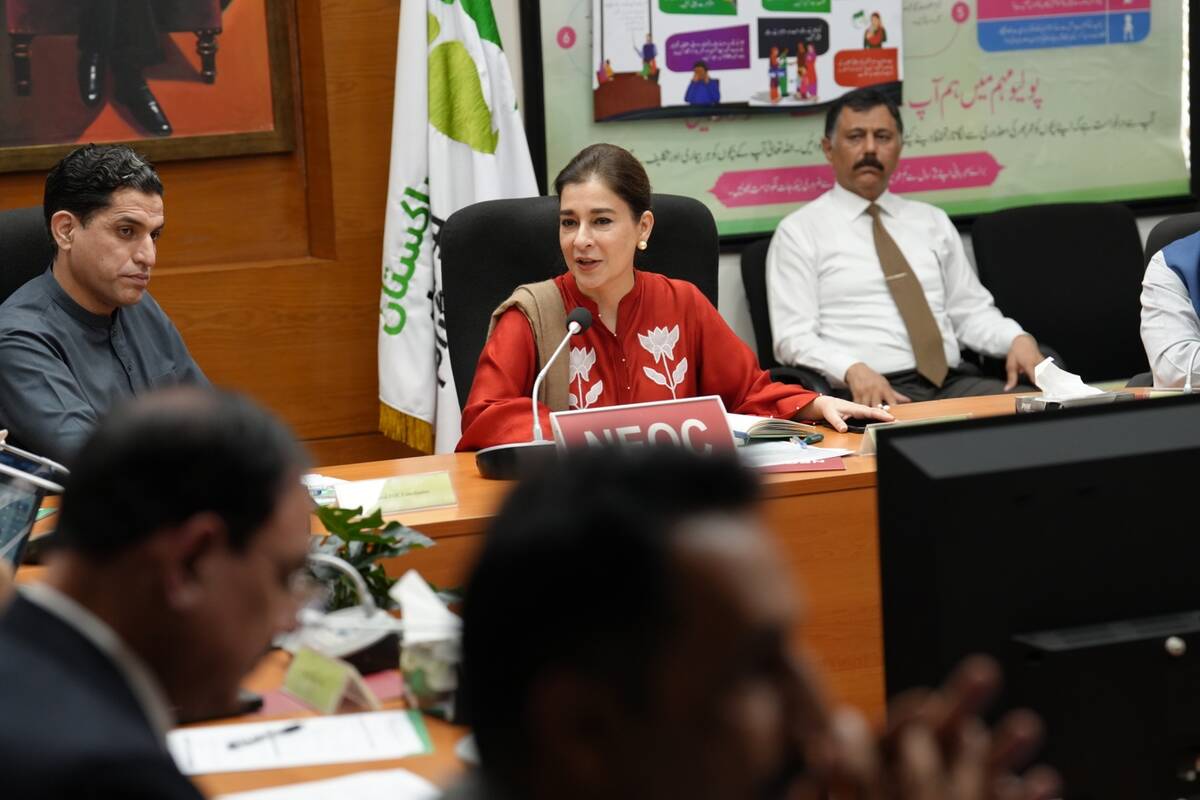ISLAMABAD: Pakistan’s Power Division and the International Monetary Fund (IMF) on Tuesday denied the global lender had rejected the Pakistani government’s plan to subsidize electricity for cryptocurrency mining and artificial intelligence (AI) data centers in the South Asian country.
The development comes days after reports suggested the Power Division secretary had informed a Senate committee that the IMF had rejected Pakistan’s proposal to offer subsidized tariffs for crypto mining and to certain industrial sectors, warning that such measures could further strain the already burdened power sector.
Pakistan’s finance ministry announced in May this year that the government had allocated 2,000 megawatts (MW) of electricity in the first phase of a national initiative to power Bitcoin mining and AI data centers, aiming to transform the country into a global leader in digital innovation.
Speaking to Arab News, Zafar Yab Khan, a spokesperson for the Power Division, clarified that Power Division Secretary Dr. Fakhray Alam Irfan had not made any such comments about the global lender rejecting Pakistan’s proposal.
“He (Alam) categorically said that ‘we are still in negotiations with the IMF and discussing with them pros and cons of this initiative and hopeful to reach a solution during these negotiations’,” Khan told Arab News.
When asked if the IMF had rejected the proposal, Mahir Binici, the IMF resident representative in Pakistan, the two sides were still in talks and would remain engaged on the matter of providing surplus power for crypto mining and artificial intelligence sectors.
“IMF staff has held informational discussions at a technical level with the authorities to learn more about their plans related to developing the IT sector,” he told Arab News.
“Staff reiterated the importance of maintaining a level playing field for all private sector participants and will continue to engage with the authorities on this as appropriate as plans develop further.”
Khan, the Power Division spokesperson, said Pakistan had surplus electricity to power crypto mining.
“We can confirm that this surplus electricity is available and can be allocated for crypto mining and other IT initiatives,” he said.
Pakistan’s bitcoin mining initiative is spearheaded by the Pakistan Crypto Council (PCC), a government-backed body under the Ministry of Finance, that was established in March to create a legal framework for cryptocurrency trading to lure international investment.
In April, Pakistan introduced its first-ever policy framework to set rules for how digital money like cryptocurrencies and the companies that deal in it should operate in Pakistan while in May, Islamabad also unveiled the country’s first government-led strategic bitcoin reserve at the Bitcoin 2025 conference in Las Vegas.
Pakistan is uniquely positioned, both geographically and economically, to become a global hub for data centers, and offers the most strategic location in the world for data flow and digital infrastructure as a bridge between Asia, Europe, and the Middle East, according to officials.
The country’s combination of surplus power, geographic advantage, advanced subsea cable connectivity, renewable energy potential, and a large, digitally engaged population creates a compelling case for becoming a regional epicenter of Web3, AI, and digital innovation.
The office of special assistant to the prime minister on blockchain and crypto, Bilal bin Saqib, has said that strategic partnerships are being forged to ensure that energy-intensive blockchain infrastructure is both sustainable and revenue-generating.
“Further advancing this momentum, the government announced the allocation of 2,000 megawatts of surplus electricity for Bitcoin mining and artificial intelligence (AI) data centers, leveraging Pakistan’s untapped energy potential to power the future of digital finance and computation,” it said.



















